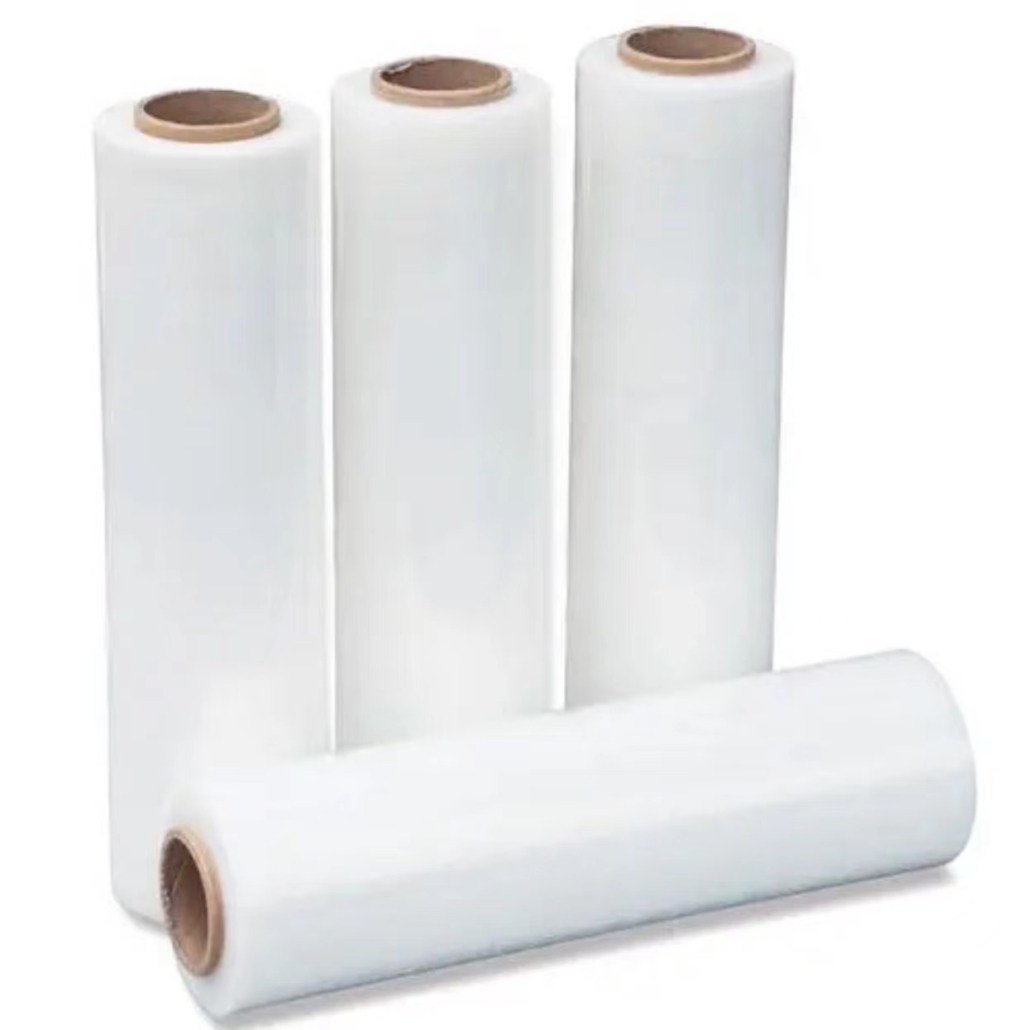Difference between using oil-based adhesive and water-based adhesive in the production of protective film
There are some differences between using oil-based adhesive and water-based adhesive in the production of protective film, mainly concerning the composition, performance, and environmental impact of the adhesives.
Here are their differences:
1. Adhesive composition:
– Oil-based adhesive: Oil-based adhesive is a solvent-based adhesive, typically composed of organic solvents, resins, and additives. Before use, the organic solvents need to evaporate, leaving behind the adhesive layer.
– Water-based adhesive: Water-based adhesive is water-based and typically composed of water, emulsifiers, resins, and other additives. It does not require organic solvents and can be used directly.
2. Performance differences:
– Oil-based adhesive: Due to the presence of organic solvents, oil-based adhesive has a strong odor and volatility during use. Additionally, it takes longer to dry and form a stable adhesive layer.
– Water-based adhesive: Water-based adhesive, as it does not contain organic solvents, has little to no odor during use, making it more environmentally and user-friendly. Moreover, it dries faster, allowing for a quicker formation of a stable adhesive layer.
3. Environmental impact:
– Oil-based adhesive: The presence of organic solvents in oil-based adhesive results in the release of volatile organic compounds (VOCs) during use, causing certain environmental pollution.
– Water-based adhesive: Water-based adhesive, as it lacks organic solvents, does not emit VOCs during use, resulting in a lesser environmental impact.

In conclusion, water-based adhesive is more favored in the production of protective film as it is more environmentally friendly, easier to use, and has a smaller impact on the health of operators. While oil-based adhesive may have certain advantages in specific applications, water-based adhesive is generally preferred for its overall benefits.
If you are interested in our products, please feel free to contact us!

Leave a Reply
Want to join the discussion?Feel free to contribute!